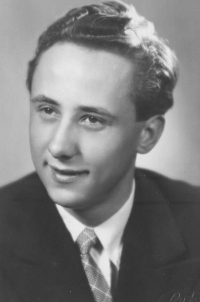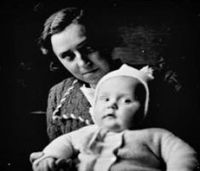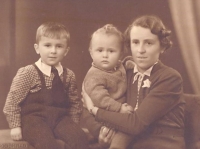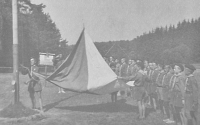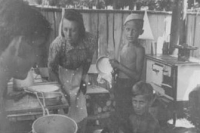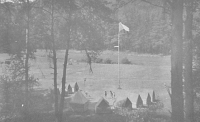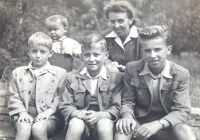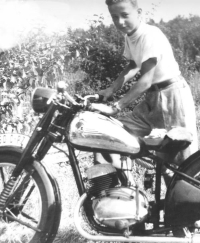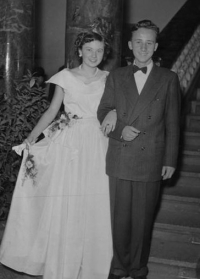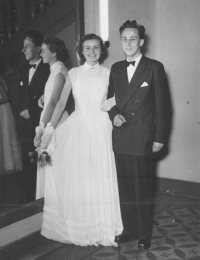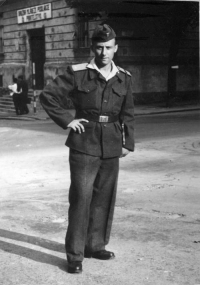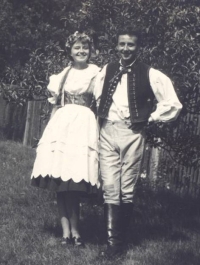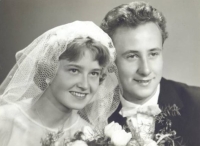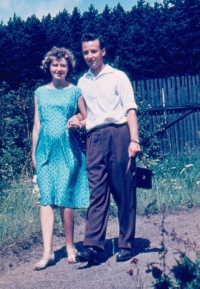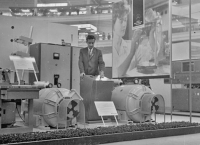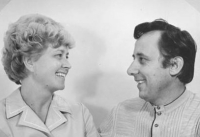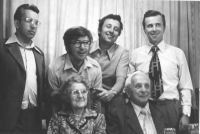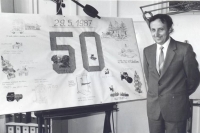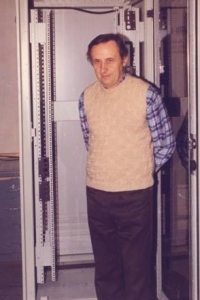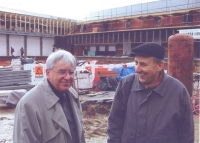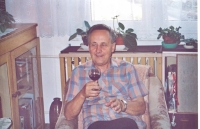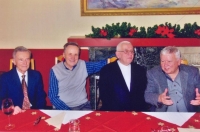I couldn‘t have a professional career, but at least I have a clear conscience
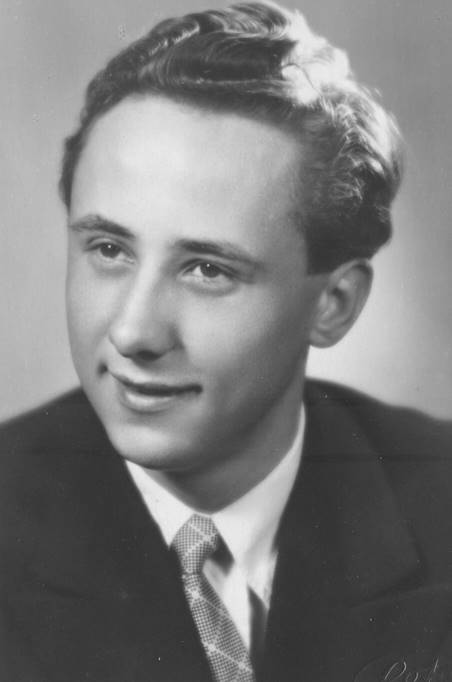
Stáhnout obrázek
Karel Soukup was born on 29 May 1937 in Pilsen into the family of a well-known tailor. Shortly afterwards, the World War II broke out, but his father‘s business managed to go on. At primary school, teachers were trying to Germanise Karel Soukup and his classmates. In May 1945, he witnessed the arrival of the American army and a month later, President Edvard Beneš´s visit to the town. As a member of Junák in 1946, he held an honor guard at the foundation stone of the monument to the American liberators. However, it was not built after the February 1948 coup. The Communists subsequently nationalized family´s trade and evicted them from their flat. Karel Soukup, however, managed to start his secondary school studies without any problems. At the end of his first year he experienced the uprising of the Pilsen workers after the currency reform. He was not able to enter university due to lack of finances. He completed his compulsory military service with the air force in Žatec and then began working in the electrical engineering factories in Pilsen. He welcomed the relaxed atmosphere of the 1960s. The Soviet invasion in August 1968 was therefore a strong disapointment for him, but he was not particularly affected by the subsequent checks. However, he did not believe that the regime would ever fall. The year 1989 was therefore a shock for him, but a very welcome one. After the Velvet Revolution, the family regained its property. Later, together with his younger brother Jan Soukup, he worked on saving architectural monuments. In 2022 he was living in Pilsen.
